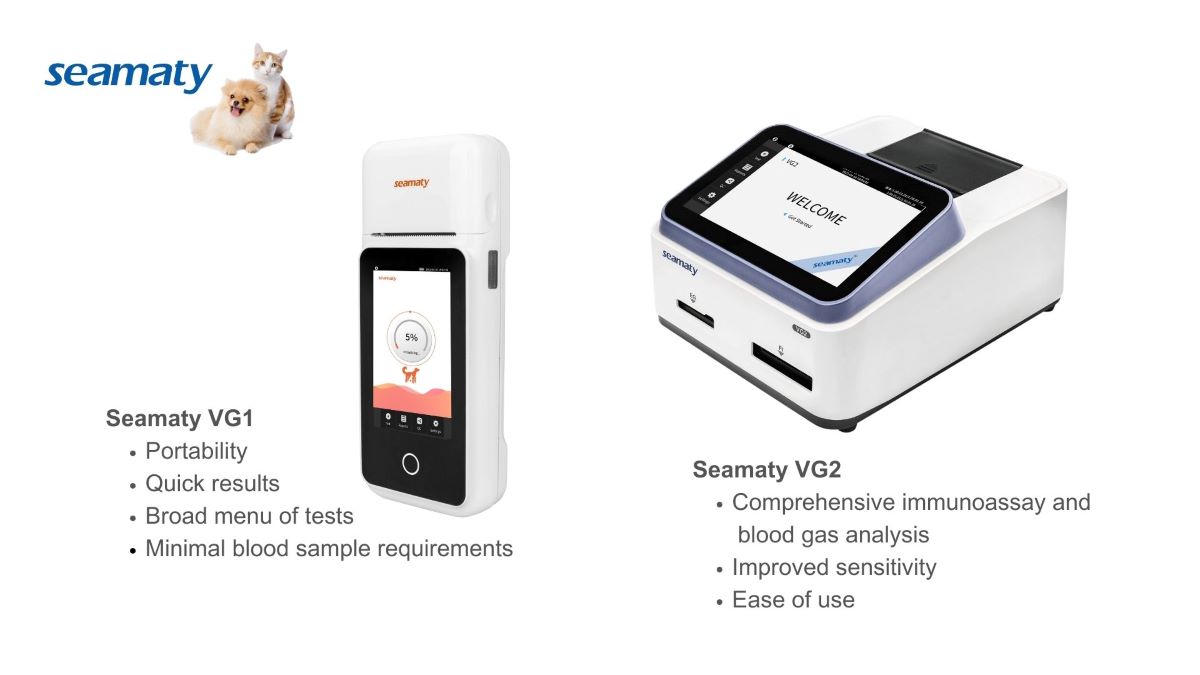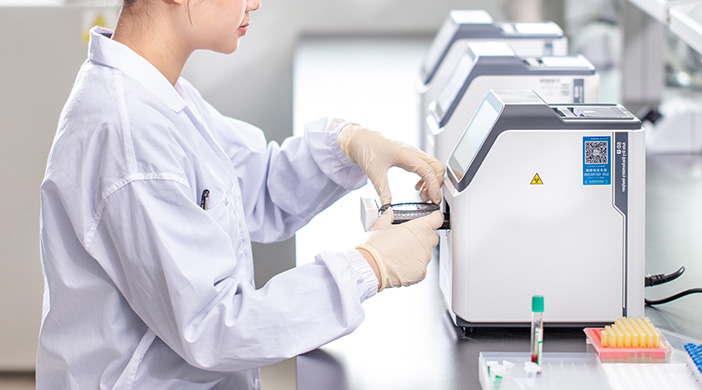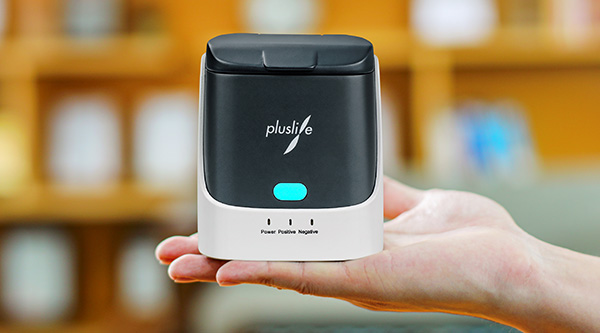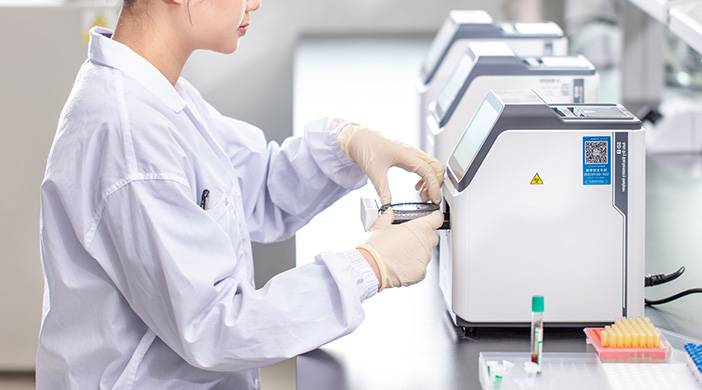release time:2023-11-08 11:18:23
Veterinary medicine has made remarkable advancements in recent years, with a focus on delivering prompt and accurate diagnoses. Two innovative devices at the forefront of this transformation are the Seamaty VG1 and VG2 blood gas analyzers. These cutting-edge tools offer veterinary professionals the ability to perform essential blood gas and electrolyte analysis, among other functions, right at the point of care. In this article, we'll explore the key differences between Seamaty VG1 and VG2 and help you determine which one is the right fit for your veterinary practice.

The Seamaty VG1 is a handheld veterinary blood gas and electrolyte analyzer that has been designed with mobility in mind. Its portable and lightweight construction allows veterinarians to carry it with ease, providing the flexibility to diagnose animals in various settings, from the field to the exam room.
The VG1 is capable of conducting blood gas, electrolyte, and critical care biochemistry analyses, providing laboratory-quality results in a matter of minutes. The single-use test card offers a wide range of tests on one convenient platform, allowing the analysis of up to 10 parameters in one go. Moreover, the analyzer's user-friendly design only requires 2 or 3 drops of whole blood for testing.
Seamaty VG2 is a versatile veterinary blood gas and immunoassay analyzer that merges fluorescence immunoassay, blood gas, and electrolyte analysis into a single device. Its rare-earth nanocrystal technology enhances the sensitivity and stability of results. The VG2 can perform up to 21 immunoassay parameters and 22 blood gas parameters, making it an invaluable tool for veterinarians who need to diagnose and monitor various conditions in animals.
Much like its counterpart, the VG2 boasts portability and ease of use. With a fully automated system, operators require no special training to operate the device. This user-friendly feature ensures that veterinary professionals can efficiently perform critical diagnostic tests without hassle.
When considering the right blood gas analyzer for your practice, it's crucial to understand the differences between Seamaty VG1 and VG2:
Selecting the right blood gas analyzer for your veterinary practice is a crucial decision. Consider your specific diagnostic requirements, budget constraints, and the types of animals you treat. The Seamaty VG1 is an excellent choice for those who need quick, basic blood gas analysis on the go, while the VG2 is better suited for practices that require more comprehensive testing capabilities.
In conclusion, the Seamaty VG1 and VG2 blood gas analyzers offer invaluable tools for modern veterinary professionals. By understanding their differences and your specific needs, you can make an informed decision and elevate the level of care you provide to your animal patients.
Recommended further reading:
[1]. 5 Reasons Why Seamaty Veterinary Blood Gas Analyzer is a Game Changer for Veterinary Diagnosis
[2]. 3 Tips for Choosing the Right Veterinary Blood Gas and Immune Analyzer
[3]. A Comparative Analysis of Veterinary Blood Gas Analyzers: IDEXX VetStat vs. Seamaty VG2
[4]. How to Choose Veterinary Blood Gas Electrolyte Analyzers for Small Animal Hospitals

2022-05-17
A simple formula to describe POCT devices is "Point-of-care diagnostic products = fast + accurate + small instruments". most point of care testing devices have undergone a process of gradual simplification and improvement from traditional testing methods to achieve convenient and rapid on-site examination at the patient's side for the purpose of rapid diagnosis.

2022-03-01
The COVID-19 test is now hard to find worldwide, and there are even some fake nucleic acid kits available. However, the rapid spread of the Omicron strain has led to a surge in demand for COVID-19 testing.

2021-12-10
POCT is a specific test for each patient with different diseases. It meets the needs of patients in a timely manner and reduces unnecessary waste. The examiner can communicate with the patient face-to-face and have a better understanding of the clinical situation.